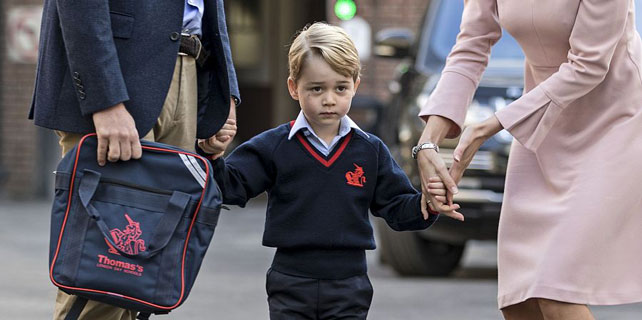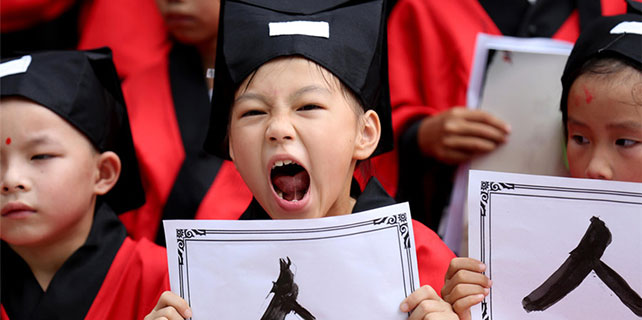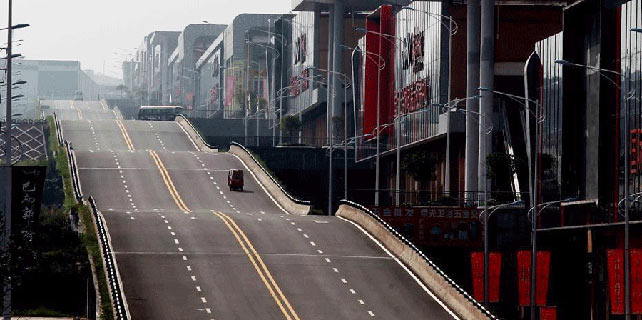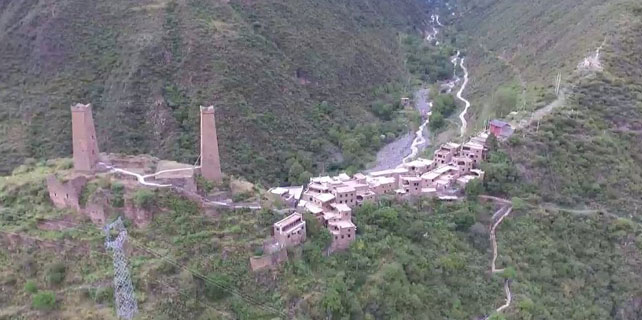Space partners push education ahead
British and Chinese space scientists have signed a partnership agreement to promote and strengthen space education and cultural activities.
A new joint virtual center will be created for space education, to serve as a platform for Sino-UK space collaboration.
The center will be led by the United Kingdom National Space Academy and the Consortium of Chinese Laboratories with the support of the China National Space Administration.
It is the result of a memorandum of understanding signed on Wednesday at the UK-China Space Workshop in Edinburgh.
According to the UK academy, the center could be expanded to include participation from other space agencies and new programs or agencies in the developing world.
The goal is to create a strong framework of education cooperation through a greater network of partners from research and education. It also aims to encourage collaboration between culture organizations, such as science museums.
The two nations already cooperate under the UK-China Joint Laboratory Program in Space Science and Technology, established in 2007.
The virtual center venture follows the success of a series of intensive master classes as part of the joint program held in 2016 for hundreds of Chinese students and teachers selected from across the country.
The UK National Space Academy and its Chinese partners also plan to develop new innovative education experiments which will fly on future Chinese unmanned and manned space missions.
Anu Ojha, director of the UK National Space Academy, said the center will give UK teachers, students and researchers a chance to work in partnership with one of the world's most ambitious space programs.
Ojha said this will be done "through student master classes and teacher programs held in China and the UK, through dedicated programs conducted at the heart of China's space program, and through the opportunity for us to develop new teaching experiments that will be conducted on China's planned space station."
For the first stage of the partnership, the team aims to select 100 primary and middle schools in China, Britain, and countries in the region covered by the Belt and Road Initiative to carry out a trial run of the education program.






















